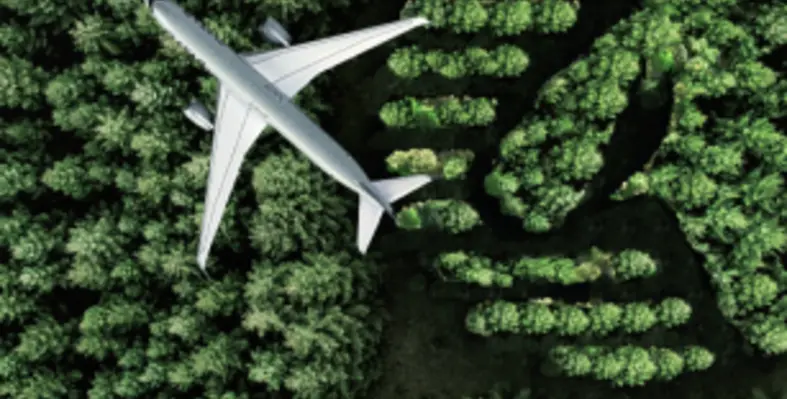To mark World Environment Day, Qatar Airways Group is reinforcing its commitment to protect the planet by highlighting its key environmental sustainability initiatives
Qatar Airways Group is dedicated to environmental leadership across all of its entities, including airline, airport operations, aviation and catering services, retail outlets and hotels.
Qatar Airways is the first airline in the Middle East to secure accreditation to the highest level in the IATA Environmental Assessment Programme (IEnvA) while its hub, Hamad International Airport, will be the first airport in the region to achieve a four-star Global Sustainability Assessment System (GSAS) rating as part of plans to expand its capacity to more than 53 million passengers annually by 2022.
Qatar Airways has committed as a oneworld member airline, to net zero carbon emissions by 2050, becoming part of the first global alliance to unite behind a common target to achieve carbon neutrality. Its most advanced aircraft technology and fuel-optimisation initiatives are part of a comprehensive strategy to address its CO2 emissions.
Akbar Al Baker, group chief executive, Qatar Airways, said, ?It is our ambition as an airline to minimise our impact on the environment, and facilitate continued global travel and commerce while limiting carbon emissions. As we work in collaboration with the aviation industry to reconnect the world, we recognise sustainability as a strategy to build resilience post COVID-19. We must act boldly and decisively to make necessary changes, acknowledging that it is innovation which will drive the industry forward for a sustainable future.?
Modern, fuel-efficient fleet of aircraft: Qatar Airways operates one of the youngest fleets in the sky. The airline?s mix of modern fuel-efficient aircraft helped it to develop a sustainable and adapted solution, allowing it to continue flying routes with less overall demand as it has a variety of aircraft it can select from, to offer the right capacity in each market.
Aircraft Fuel & CO2 Emission Reduction Initiatives: Qatar Airways continually strives to improve fuel efficiency through its fuel optimisation program. From managing the weight of fittings and other items on our aircraft, to optimising flight paths to ensure the minimum distance is travelled wherever possible. Other initiatives also include reduction of potable water uplift, removal of inflight duty free offerings and footrests, as well as digitization of inflight magazines and menu, all resulting to the reduction weight on board the aircraft.
Voluntary Carbon Offset Programme for Passengers: Passengers now have the opportunity to voluntarily offset the carbon emissions associated with their journey at the point of booking.Qatar Airways is a proud member of the IATA carbon offset programme, contributing to the Fatanpur Wind Farm project, which invests in developing India?s renewable energy capacity. The project currently supports 54 turbines across two districts in Madhya Pradesh: Dewas and Ujjain. With a combined power rating of over 108MW, these turbines displace over 210,000 tonnes of carbon emissions from the Indian Electricity Grid each year.
Reducing waste and applying the principles of a circular economy across our businesses: In 2019, Qatar Airways launched its Quisine on-board dining experience, with an increased focus on reducing single-use plastics. This includes removing the plastic that was used to wrap cutlery and replacing plastic spoons that compliment all hot beverages with wooden stirrers.
Food waste reduction: Qatar Aircraft Catering Company has been working on recovery of unconsumed whole and safe food items for charity. The airline actively reduces food waste by donating up to 300kg of surplus food daily from its on-board dining facilities. It is also proactively looking for opportunities to optimise food that is carried on each aircraft to minimise waste and reduce emissions from additional weight carried on the aircraft.
Water conservation and optimisation: Qatar Airways was the first airline in the world to use General Electric's (GE) '360 Foam Wash? technology on its aircraft, replacing traditional water wash methods on GE engines.








